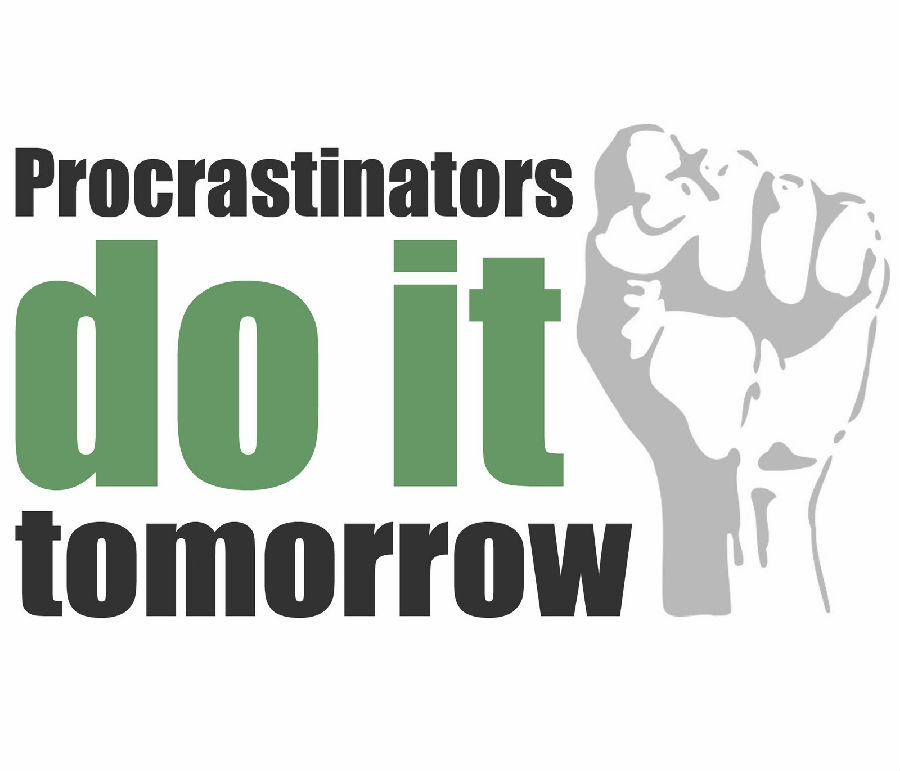Dialogue 1
Jingjing: Hey, Mark. Did you get those dialogues written for our show?
京晶:嘿,馬克,你給我們節目做的對話寫好了嗎?
Mark: Um, I worked on it. But I'm not quite finished yet.
馬克:嗯……我正在寫呢。但是我還沒寫完呢。
Jingjing: May I ask, how many of them have you finished?
京晶:我能不能問一句,你完成了多少了?
Mark: I don't want to lie to you, Jingjing. I really haven't made much of a start.
馬克:我也不想對你說謊,京晶,差不多也就剛起了個頭。
Jingjing: Mark, I don't want to scold you, but we're going to need those dialogues quite soon.
京晶:馬克,我也不想責備你了,但是我們很快就需要這些對話了。
Mark: I know, I know. I just keep putting it off.
馬克:我知道,我知道。我只不過是在持續地推遲擱置罷了。
Jingjing: We've talked about it a few times. Some other radio shows are about news or chit chat.
京晶:就這事兒我們可是說了好幾次了。其他的一些廣播節目都是關于新聞和話題聊天的。
Mark: Yes, and our show is about real English in everyday situations.
馬克:是的,我們的節目是關于每天生活情景中的真實使用的英語的。
Jingjing: That's right. We can't just sit in the studio and talk about the studio.
京晶:沒錯。我們總不能坐在直播間里聊直播間吧!
Mark: Ha ha. I'll have to stop procrastinating.
馬克:哈哈,我必須要停止拖延了。
Jingjing: At least you know what the problem is.
京晶:至少你知道問題在哪兒了。
Mark: Expect some good news next week.
馬克:期待下周有一些好消息。
Jingjing: I will.
京晶:我會的。
New words: 習語短語
I worked on it. 我已經部分完成了這個工作
(Alternately I'm working on it.)
(I did some work, but not all.)
Made much of a start 已經開頭了,也可指工作已經完成了相當一部分了
(Alternately made quite a start) (In the positive, this means a person has gotten a good part of their work done.)
putting it off 推遲
(delaying it voluntarily)
chit chat 閑聊
(small talk)
procrastinating 拖延
(putting things off, not being diligent)

Dialogue 2
Mark: I've been reading about procrastination.
馬克:我最近在讀一些關于拖延的資料。
Jingjing: How is procrastination different from being too busy to do something right away.
京晶:拖延跟因太忙而不能立即做某事有何不同?
Mark: When someone procrastinates, they know they have time,but make excuses to delay a work project.
馬克:當一個人拖延的時候,他們知道他們還有時間,但是找借口推遲一個工作項目。
Jingjing: Everybody procrastinates, right?
京晶:每個人都拖延,對嗎?
Mark: Yes, but one out of five people is a chronic procrastinator.
馬克:是的。但是五個人里有一個是積習難改的拖延癥。
Jingjing: So, how can someone break the habit of procrastinating?
京晶:那,一個人如何改掉拖延這個習慣呢?
Mark: Well, one piece of advice is to not make so many deadlines for yourself.
馬克:嗯,其中一條建議就是,不要給自己設那么多的完成任務的最后期限。
Jingjing: Wait, not make so many deadlines for yourself?
京晶:等會兒,不要給自己設那么多的最后期限?
Mark: No, not make so many deadlines for yourself. Let other people remind you, even if it's your friends.
馬克:不要。不要給自己設那么多的最后期限,讓別人來提醒你(催你),哪怕是你的朋友。
Jingjing: Anything else?
京晶:還有別的嗎?
Mark: Yes. It's best to set those reminders closer to the actual deadline.
馬克:有,最好把那些提醒設置在離真正的最后期限更近的時候。
Jingjing: That sounds like a way of putting things off.
京晶:這聽上去就像推遲事情的一種方式呢。
Mark: It isn't. If people remind themselves too early, they get used to ignoring the work project.
馬克:并不是。如果人們太早提醒自己,他們就會習慣性忽略工作項目。
Jingjing: Hmm. That makes sense. But I still don't understand why people don't do work as soon as they have the chance to get started.
京晶:嗯,有道理。但是我還是不明白人們為什么不在有機會立即開始的工作的時候就著手開始呢?
New words: 習語短語
one out of five people 五分之一
(20% of the people surveyed, results from research)
chronic procrastinator 慢性拖延癥 習慣性拖延
(Someone who often puts off their work and has trouble getting things done)
break the habit 改掉壞習慣
(stop an addiction or a bad behavior)
deadlines 任務完成的最后期限
(dates and times when work projects need to be finished)
set 設定
(make, appoint)











